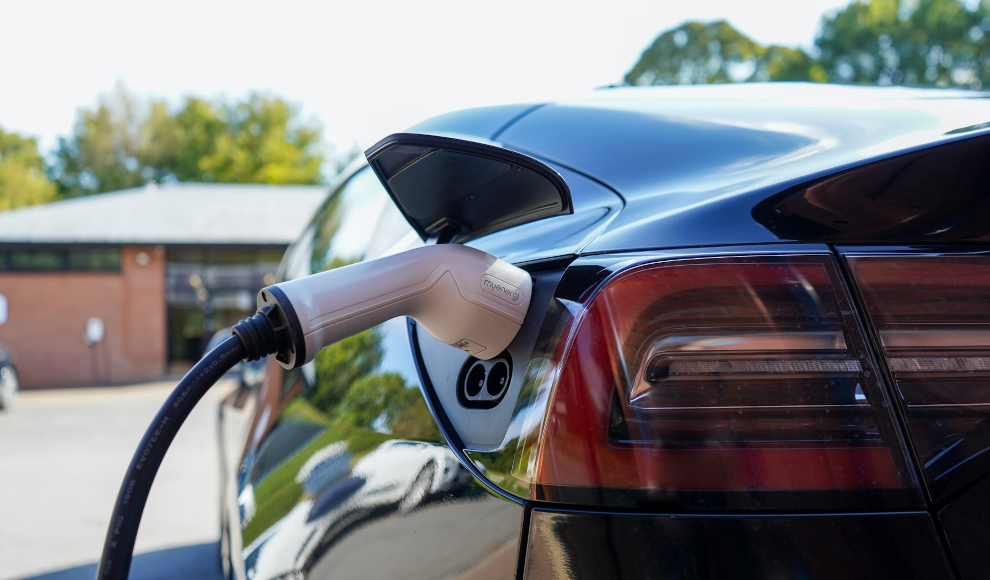Germany aims to have 15.8 million electric vehicles (EVs) on its roads by 2030, according to the country’s coalition agreement. However, a recent study by Strategy&, the global strategy consulting arm of PwC, suggests that the country is unlikely to meet its climate goals due to a lack of charging infrastructure. The study, titled “The E-Mobility Check: How Ready is Germany?”, estimates that only 10.5 million EVs will be on the road by 2030, primarily due to the slow pace of charging infrastructure expansion.
Germany currently has around 60,400 public charging points, with an additional 330 being added each week. However, this rate of expansion is insufficient to meet the government’s targets. According to Strategy&, at least 340,000 public fast-charging points will be needed by 2030 to support the projected 10.5 million EVs. If the current rate of expansion continues, only 210,000 charging points will be available by that time. If Germany does manage to achieve its target of 15.8 million EVs, the country will need 520,000 public charging points, with a shortfall of 5.6 million private charging points.
The expansion of charging infrastructure is being hampered by bureaucratic approval processes, a lack of available public space, and coordination issues between stakeholders. To accelerate the expansion of charging networks and meet climate goals, the study recommends targeted incentives for the construction of user-friendly charging infrastructure. Additionally, more affordable EV models with good range and fast-charging capabilities are needed. The success of the transition to EVs will depend on the expansion of fast-charging points, which will reduce the need for a large number of charging points, according to Heiko Seitz, co-author of the study.










